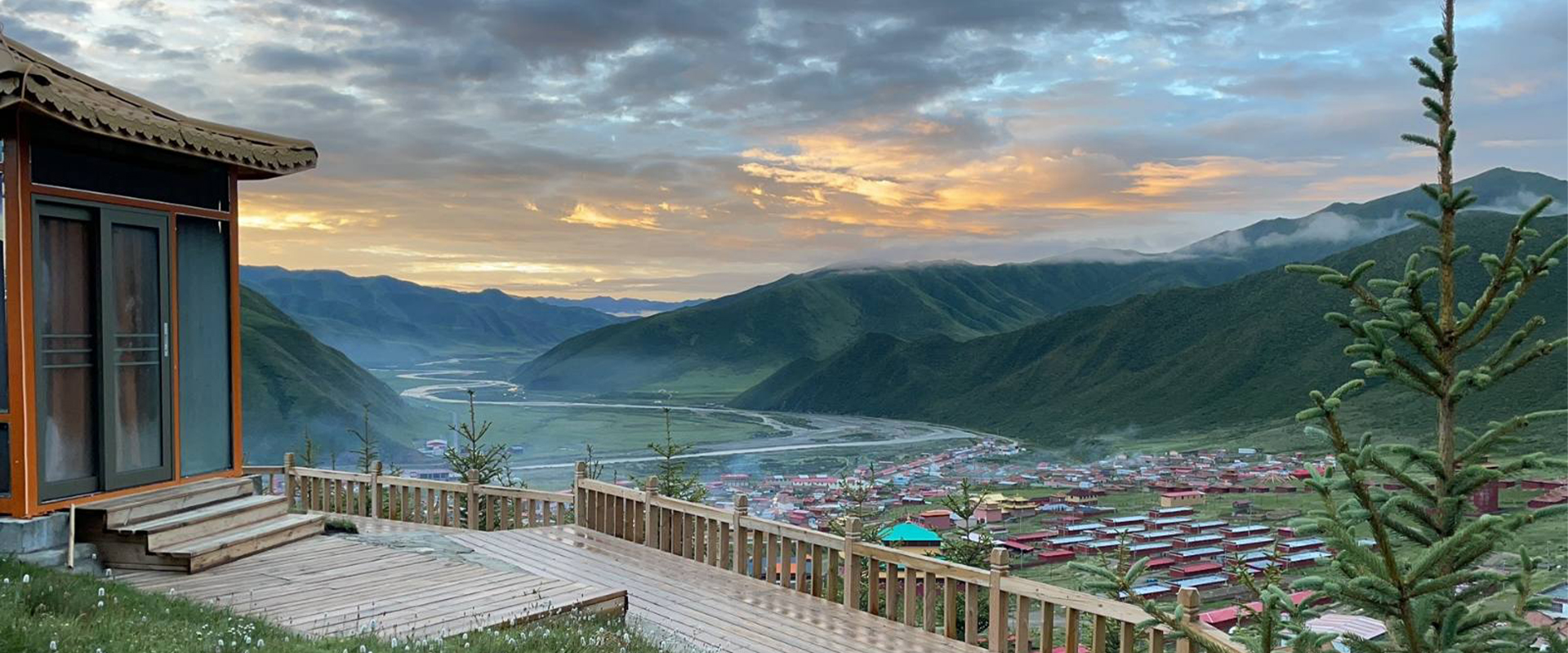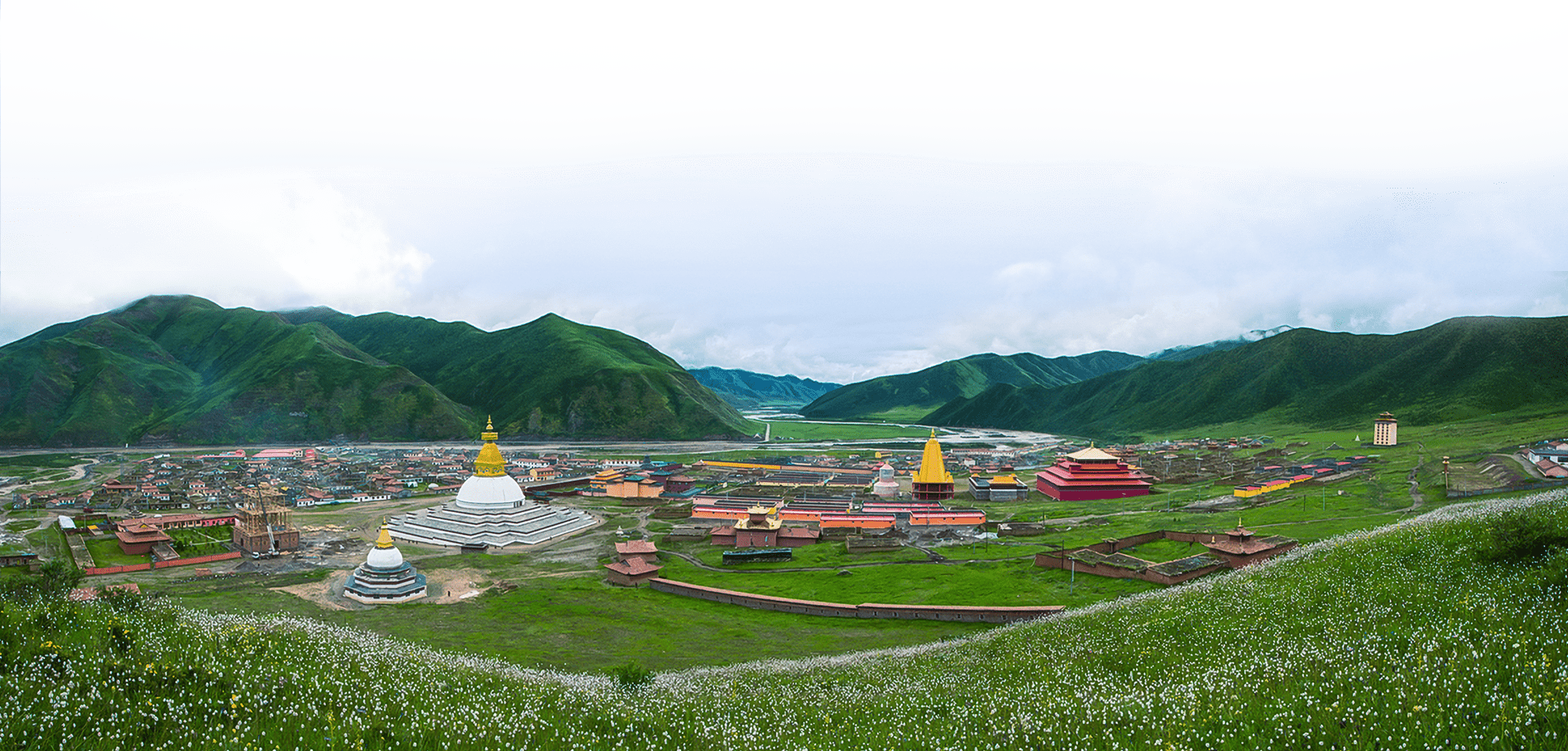Buddha primarily gave his permission to eat meat only when there was a famine
It is evident that within Buddhism there are those who say one can eat meat and those who say that one should not. However, through honest, careful detailed examination of the Buddha’s teachings one can see that both the higher and lower yānas, the sutras and the tantras, have the same viewpoint. It is taught that one should rely on the meaning and not the words, and accordingly one can see that the Buddha forcefully prohibited his followers from eating the flesh of beings.
In the vinaya there are both teachings on eating meat and not eating meat, but primarily there are many admonitions to the sangha that they should not eat meat. He primarily gave his permission to eat meat only when there was a famine or when someone was ill and also gave some people permission to eat meat because otherwise they would not be able to enter the Dharma. Other than that he emphasized that when they were healthy and in good circumstances the sangha should not eat any meat because they wished to.
In Tibet in earlier times vegetables and so on were very rare and as there was nothing else to eat people were accustomed to eating the flesh of cattle and sheep. In the Buddha’s teaching there is no question as to whether one can or cannot eat meat apart from when it is a necessity for sustaining life.
Hungkar Dorje Rinpoche, “Love and Peace“









